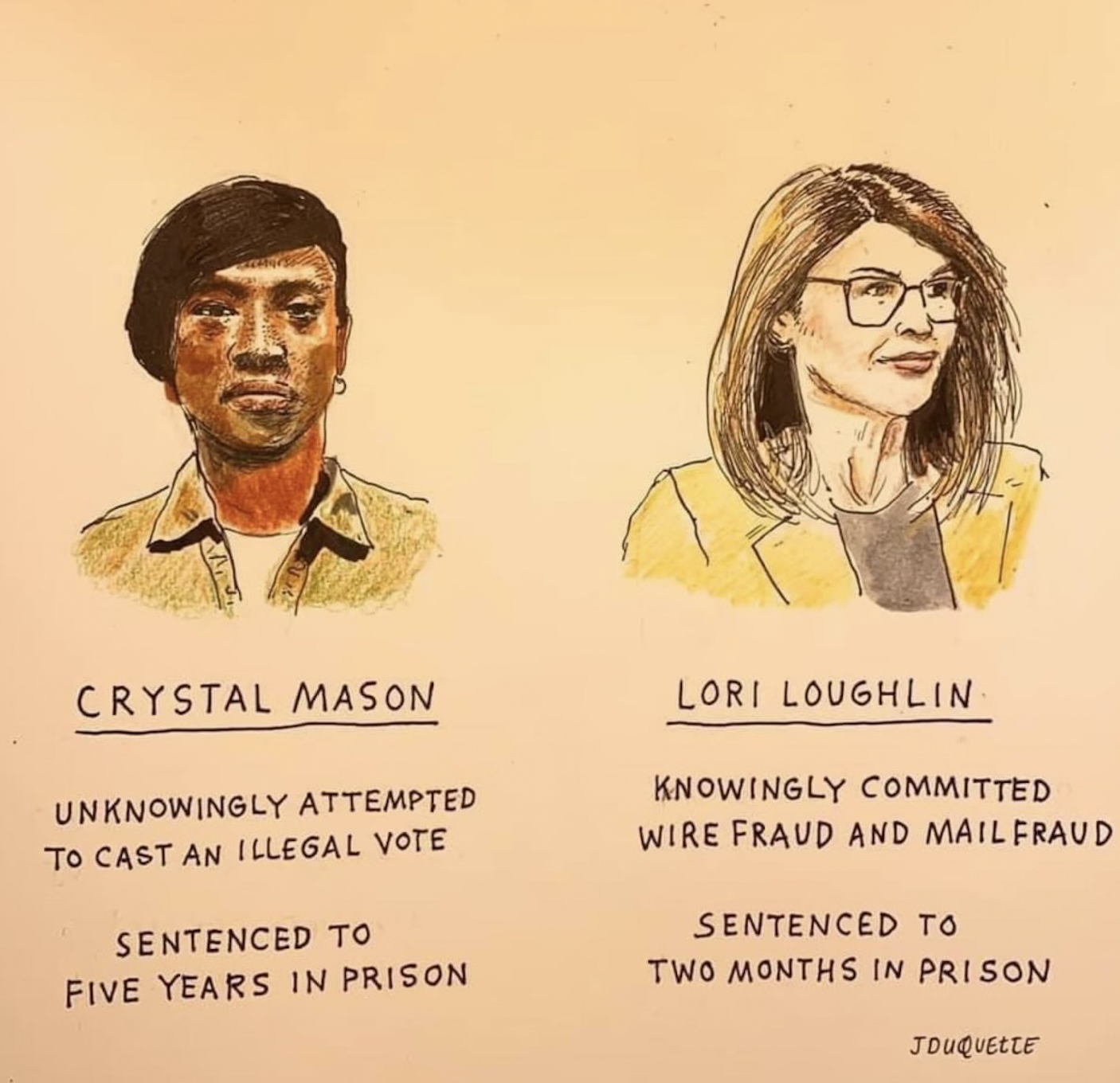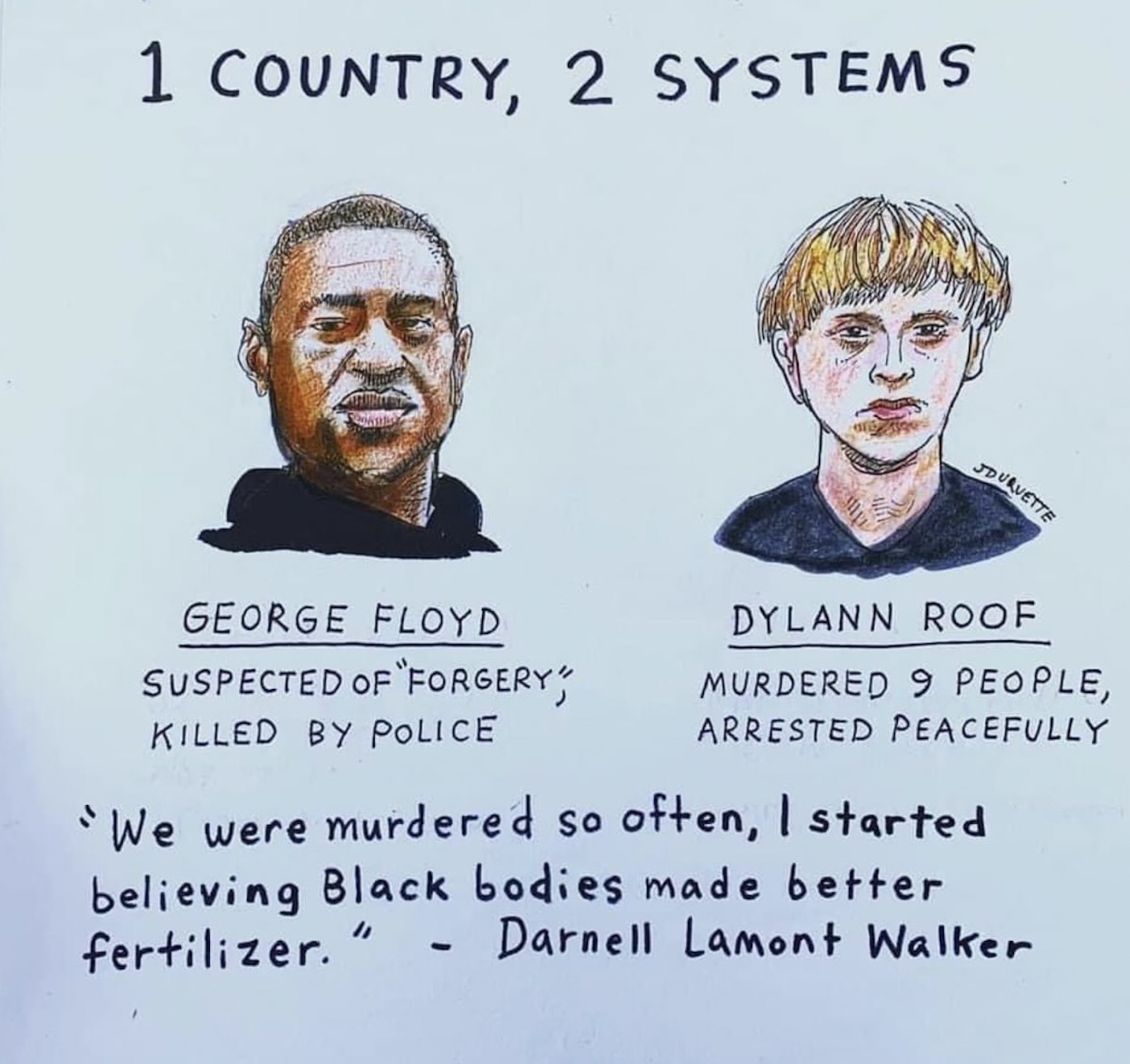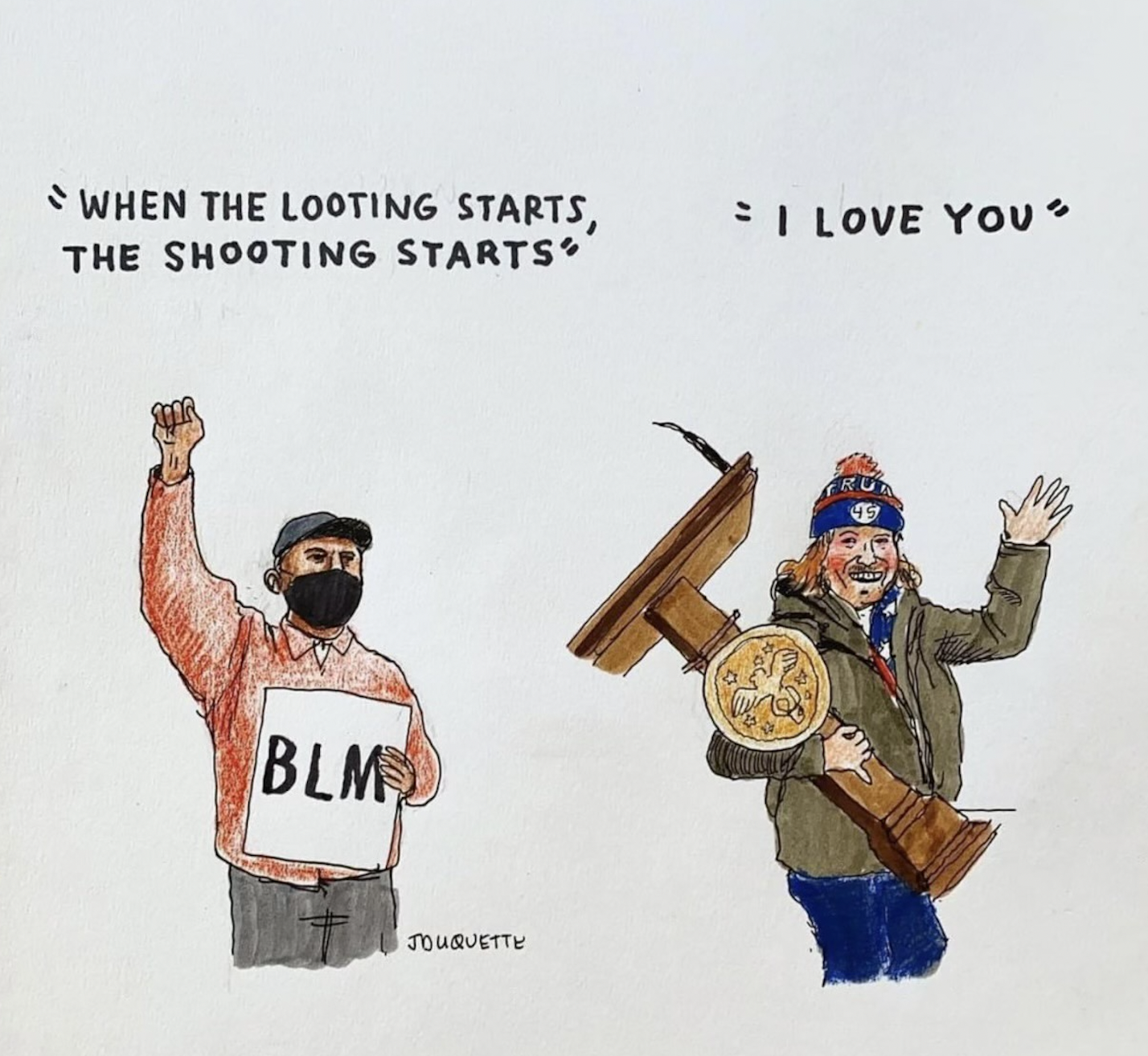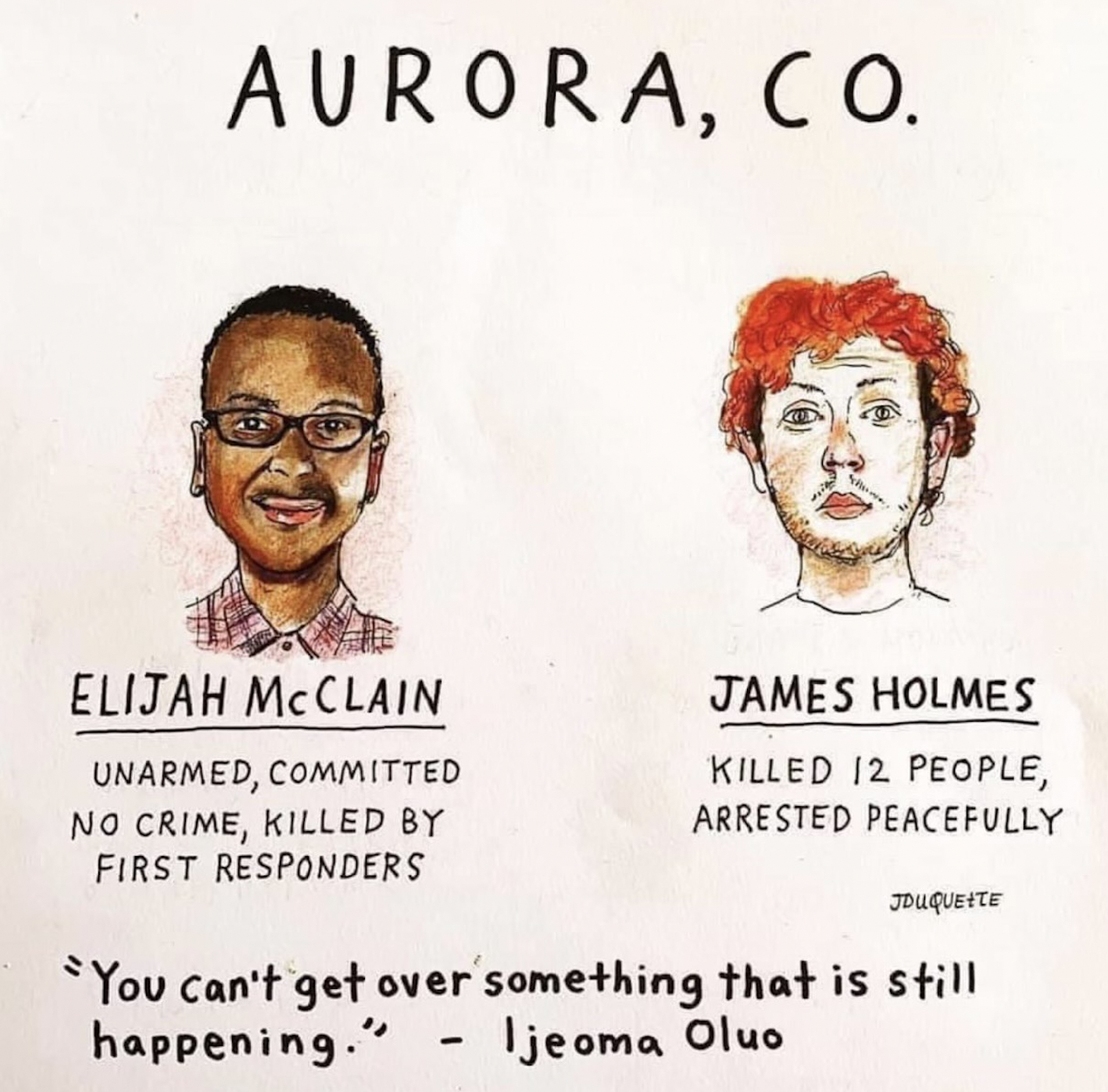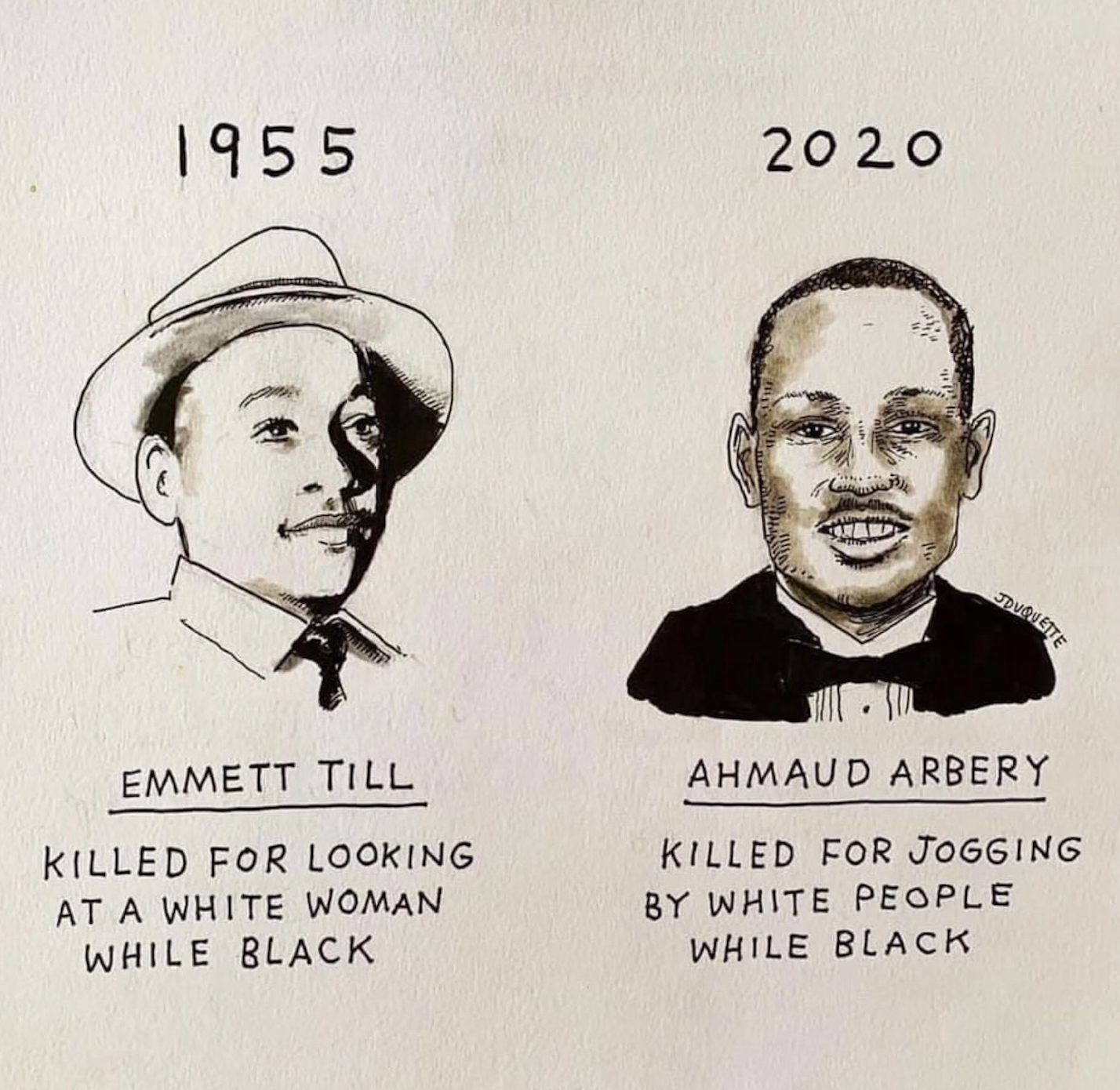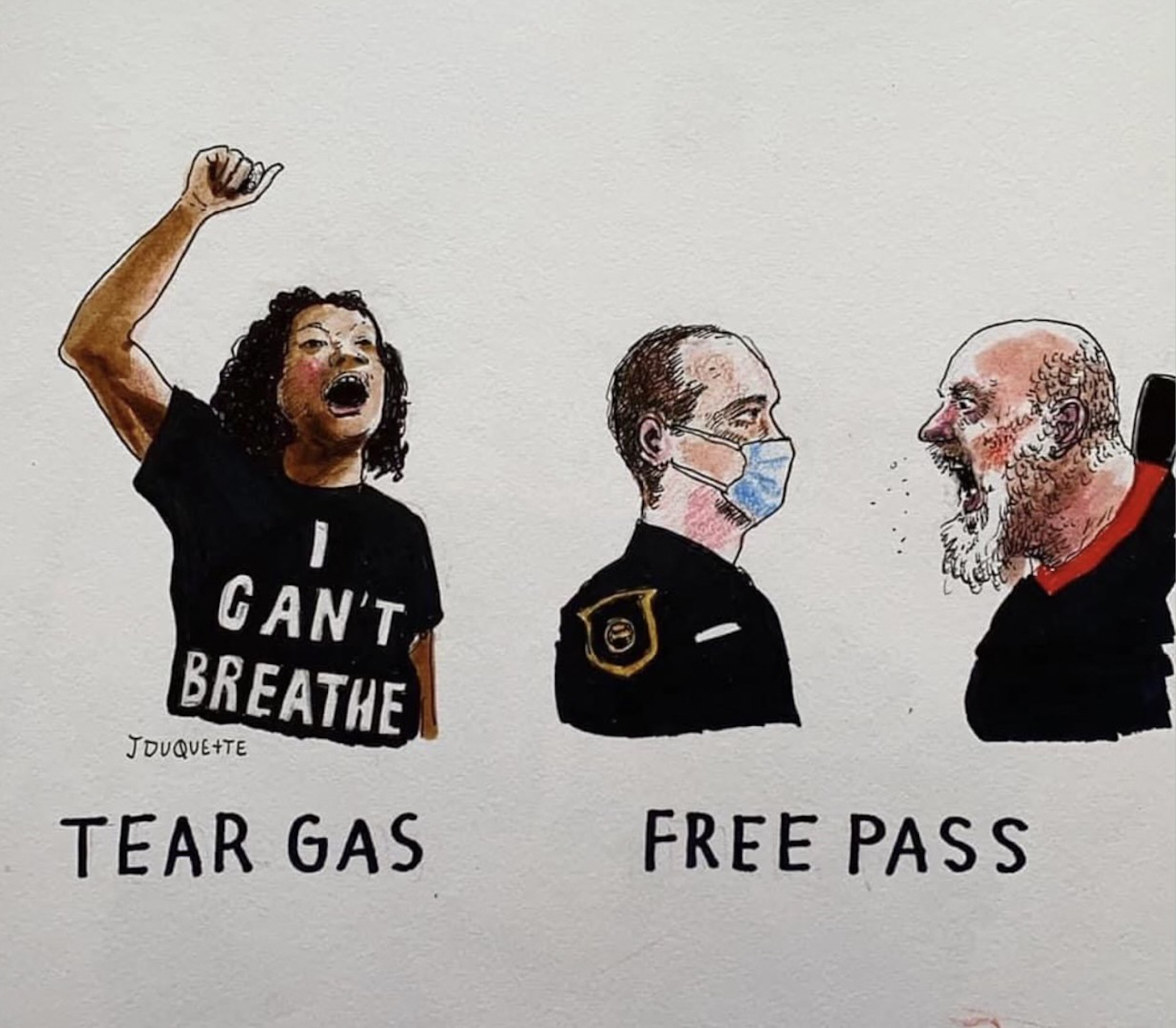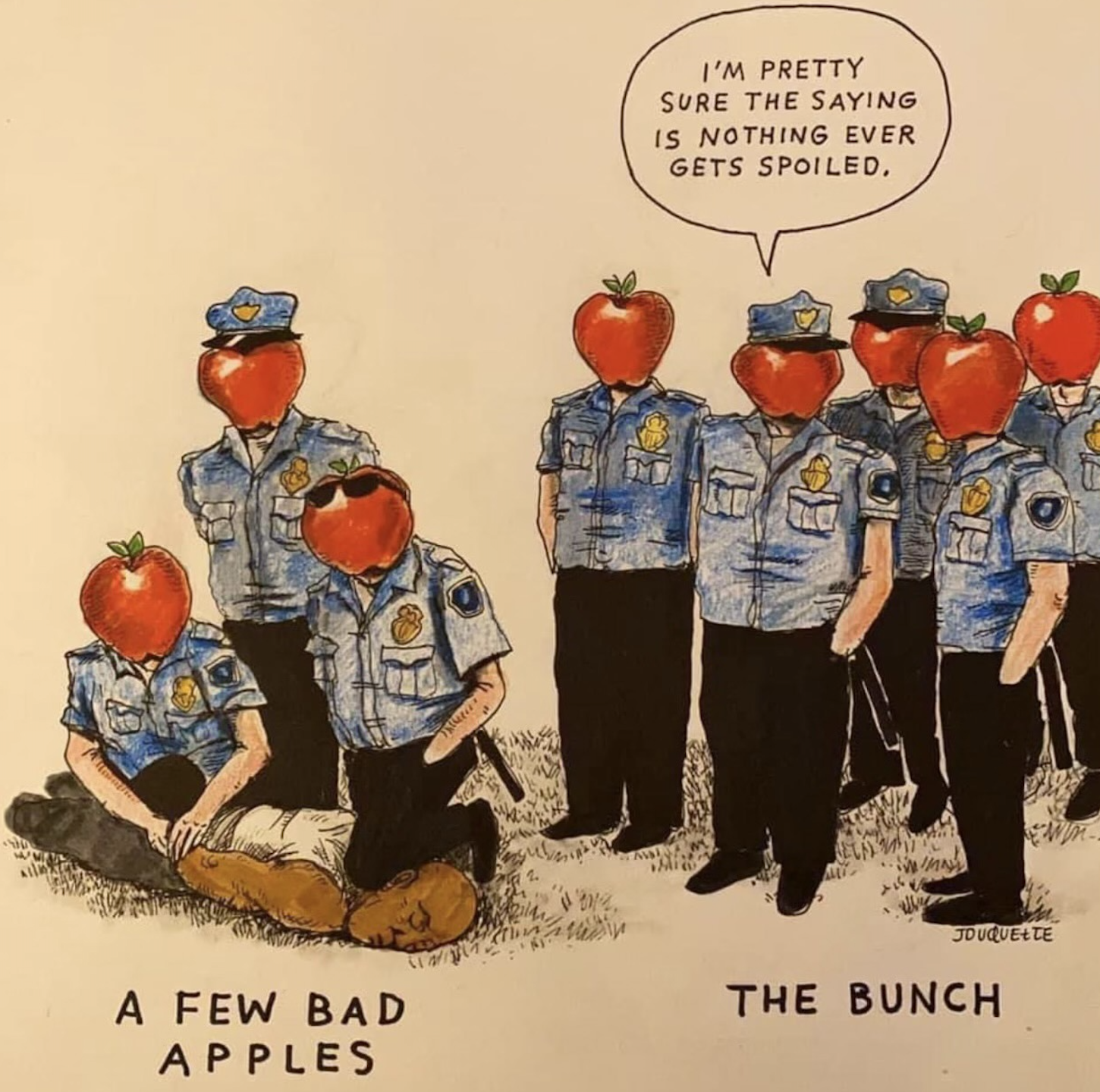Holistic Reflects: How Today's Climate Impacts Us
Given the historic and unprecedented nature of these times, we asked our teammates to share their thoughts, feelings, and reflections on this moment in our collective history. We believe it's important to make space to share our individualities in a very challenging time. Please take care of yourself and one another.
“I expressed to many of my coworkers last week that I'm exhausted. I'm exhausted from the constant need to be present for others, collaborate with others, build with others before tending to myself. Every day I’m faced with experiences, or I witness encounters that remind me that my black life is undervalued in this country. With no time to process the results of the Chauvin trial, I'm faced with the news that police in Columbus, Ohio, fatally shot and murdered a 16-year old girl, Ma’Khia Bryant. It is exhausting to be in a constant state of fear for my life, for the lives of my loved ones, because I know that being Black in America means navigating a system that was explicitly designed to hurt me. I'm tired of being resilient. I want to rest. I want to know peace.”
-Kathryn Williams, Associate Consultant
"One of the things that would be the most productive move for American racial discourse is to be able to hold racial difference and racial injustice in their own specific and unique lived experiences. They're not equivalent, and we should not rank them."
From The History Of Solidarity Between Asian And Black Americans
“This is a worthwhile 6-minute recording from NPR that came recommended by Tremaine Maebry, a DEI leader at our client Feeding America. As both racial groups have been spotlighted in the last year, it raises insightful points about the intersection of culture, identity, and class in this country. We are having an ongoing conversation about race in this country right now, but it is just as important to familiarize ourselves with the deep-seated prejudices and nuanced partnerships by and between different ethnic groups in history and how we came to be where we are today.”
-Sheila Shenoy, Consultant
”I never could have imagined my time in college coming to an abrupt end by a global pandemic, but there I was, with any ounce of a plan I had for the future completely shut down. As I’m sure everyone had their own mix of confused, sad, and angry feelings, new graduates felt something different. After 4 years of hard work, my plans to move away and finally get the job I’d been working towards slipped from my fingertip–and there wasn’t much I could do about it.”
“The job market was already extremely competitive, but add a hiring freeze and layoffs? It was nearly impossible getting a job. Most of us moved back home to wait it out, not knowing how long we’d have to wait until life was back to normal. One year later, we finally see the light at the end of the tunnel. I often hear older individuals say, “I feel so bad for the class of 2020.” If you’re saying that, I encourage you to help them where you can. Recent graduates aren’t getting the same introduction into the workforce that everyone else did. They need guidance and mentorship. Though we’re all adapting to this new normal, most of us new grads don’t even know what it’s like to work in an office. Give us the patience to learn and grow and help us where you can.”
-Christie Oxler, Graphic Designer
”Systemic Racism doesn’t come out of nowhere, it is woven into the very foundation of American culture, society, and laws. After the Civil Rights Movement in the 1960s, Apartheid and discrimination are prohibited by law, but all kinds of discrimination still exist. From the tragedy of George Floyd to the Atlanta massacre, the violence and discrimination never ends. We are tired of hearing the grievous and heart-wrenching news. We are tired of being told we don't experience racism. We are tired of any kind of hate and discrimination.”
“We must act now. “Black Lives Matter” and “Stop Asian Hate” should become a global rallying cry for racial justice and humanity. Together, it is our responsibility to condemn racism and hate, to create lasting social change, and to make the world a better place to live. Join us and bring changes, we will make a difference.”
-Leah He, Data Analyst
”I am constantly reminded of an article I read this summer, "Abolish the Police. Instead, Let’s Have Full Social, Economic, and Political Equality", by Mychal Denzel Smith. Smith’s subheading of “When people ask me, ‘Who will protect us,’ I want to say: Who protects you now?” serves as a prelude to one of his arguments - the question people are asking when they ask “what will we replace the police with?” is often actually “who will protect us?” Asking “who will protect us” in any conversation about police abolition begs the question, do the police protect us? Smith speaks of the pervasive idea of policing as police prevention and provides some data that shows police spend most of their time on matters unrelated to crime. There are many, many, articles that further challenge the idea that police effectively prevent violence. However, the compelling data is not why I am sharing this piece, but rather to share what this article got me thinking about - who protects me? “
“This article reminded me that not only do I not believe the police protect me, but also that the idea that police were ever largely responsible for my safety was a myth. I find safety in a community that is well resourced, particularly when it comes to supporting marginalized folks in our society, like houseless people and people with mental health illness. As a person of color, I also feel safest in diverse areas, where other people of color are more likely to see my humanity beyond the reductive and (often) demonizing stereotypes white supremacy reinforces about people who look like me. Community, in essence, is what protects me while I’m on the street, not the police.”
-Mike Bueno, Associate Consultant & Data Analyst
“May is Mental Health Awareness Month and when I started to plan our communications around it, I reflected on my own mental health journey. Two years ago, I went through an extremely difficult time dealing with mental illness–I thought I would never be able to maintain a job, let alone make it through a global pandemic. While it took me a long time to heal, I was blessed to be surrounded by people who listened to me and wanted to help. I was able to receive the proper professional help and two years later, I feel like a different person.”
“I also recognized that my privilege afforded me the time and resources I needed to heal and sadly the number of people who don’t have this type of access is heartbreaking. The past year has been one of the most mentally taxing years for us all, but it has also disproportionately affected marginalized communities including BIPOC, the LQBTQ community, and those experiencing poverty. While awareness is the first step, breaking down the barriers of access (the financial burden and stigma) to proper resources and professional help needs to be a priority. This month, I’m encouraging others to join me in donating to the Loveland Foundation which provides financial assistance to Black women and girls seeking therapy.”
“People with mental illness are just that–PEOPLE. Please remember to listen, lead with love, and be understanding of people whose stories you may not know.”
-Maggie Heaps, Communications Associate
“I am just at a loss for words. Growing up in America, you are taught so many things about our history but it's not the real history. This is the real history. People of color being oppressed, exploited, murdered and more just for our "American Dream." The American Dream is one that has one too many of us with heads up in the clouds... The dream can be real; America has potential to be a hub and trailblazer for equity, equal opportunity, and human/civil rights of EVERYONE EVERYWHERE. I just don't understand how people do not see that the problem is systemic–these are not isolated incidents. It has been ingrained in our history from the moment people stepped off the Mayflower. It breaks my heart. We have to be the America where we don't have to worry if we are too Mexican, Black, Asian, Gay, Queer, Muslim, Hindu, Jewish, etc. At the end of the day, we are all just human, so let's start treating each other like it.”
-Gillian Pena, Communications & Operations Associate
“For those of you who don’t believe that systemic inequities are present, please take a minute, view these pictures and take a look inside yourself to see where you might have a blind spot...or a few... around this.”
-Cynthia Rodriguez, Director of Client Services

